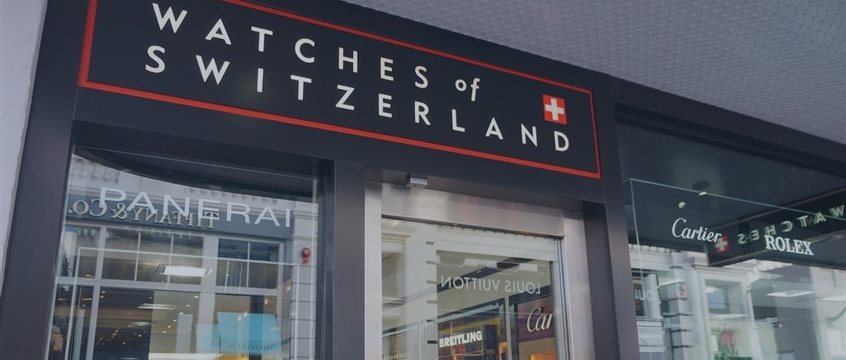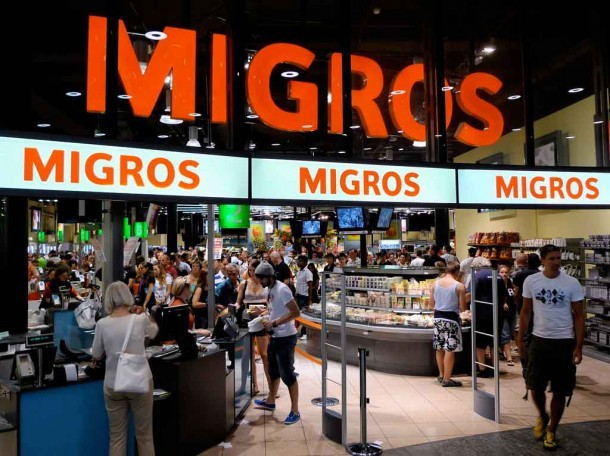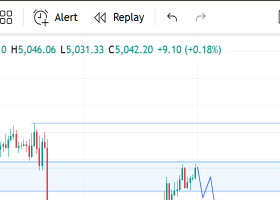
Swiss prices drop, stores give discounts, as SNB currency policy takes effect
The shopping-street impact of the Swiss National Bank's decision to abandon
its 1.20 per euro ceiling last month is expanding across
Switzerland, cheapening the cost of imported goods from cars to
groceries.
This represents a danger to deepen a drop in the inflation
rate, which officials expected to remain below zero this year
even before they abandoned the cap on Jan. 15.
“If the franc doesn’t budge from its current level of about 1.05 per euro, we should clearly have negative inflation,” said David Marmet, an economist at Zuercher Kantonalbank in Zurich. “Some stores have already lowered prices, and some have yet to do so. That’ll have an effect on price growth.”
In January consumer prices extended their drop, declining
an annual 0.5 percent, the federal statistics office in
Neuchatel said Tuesday.
Switzerland has already experienced annual consumer-price declines for the last three years. The country imports many everyday items such as food, clothing and toiletries. It also does not produce cars. The euro area is Switzerland’s biggest trading partner.
After the SNB dropped the minimum exchange rate last month, the franc has appreciated some 15 percent against the euro. That means shopping abroad - just a few hours drive from anywhere in Switzerland - has become more seducing, making shop owners adopt radical measures to retain customers.
Swiss supermarkets Migros and Coop have reduced prices on imported items from the euro zone some 10 percent, while Daimler AG is giving a rebate of 18 percent for Mercedes and Smart autos. Rival car-dealership amag, which offers brands including Volkswagen, Audi, Porsche and Skoda, is also allowing a 15 percent currency discount.
After elevating its cap on the franc, the SNB has yet to issue
new forecasts. Its previous view, issued in December when the
minimum exchange rate was still in place, was for a 0.1 percent
decline in 2015. SNB Vice President Jean-Pierre Danthine said in
an interview with the newspaper Tages-Anzeiger late last month
that the price declines would be “temporary.”
The Swiss government says it’s still too early to say how much growth will slow and prices fall due to the exchange-rate shock. It will publish new forecasts on March 19, the same day the SNB is scheduled to announce its next monetary-policy decision.
Should the drop in price growth prove enduring, consumers’ outlook for prices could be hit and they could cut spending, threatening the Swiss economy.
Household spending and domestic demand have supported growth so far. This helped the Swiss economy outperform the euro area every quarter since 2012 even as manufacturing and tourism battled an unfavorable exchange rate, says Bloomberg.



